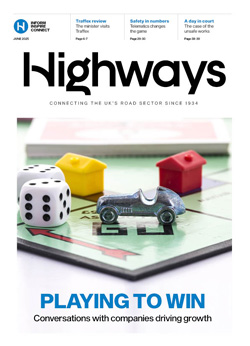The smart street lighting and smart city applications company Telensa is about to deploy its Urban Data Project solution in the British city of Cambridge, creating what it calls a trust infrastructure for urban data, enabling the city to collect, protect and use their data for the benefit of all citizens.
The company says urban data is the mosaic of street-by-street, minute-by-minute information that makes up a city’s digital twin, including mapping how people use the city, the mix of traffic on the roads, the hyper-local air quality and noise levels. It explains that this data is incredibly valuable for designing better city infrastructure, delivering more efficient city services, and making everything more transparent to empower citizens. It is also potentially valuable to industries such as retail, real estate and insurance.
Telensa says that up till now the use of urban data has been limited by two barriers; the cost of single-purpose sensors, and the related cost of moving video data to the cloud and also one of trust – how can a city’s Chief Data Officer apply best-practice policies to the data, and provide transparency to citizens on how that data is protected and used.
There are two key technology elements to the Urban Data Project:
- Data is collected by Telensa Multi-Sensor Pods installed on streetlight poles, with sensors including video and radar feeding into a powerful edge compute platform. The pods run on Microsoft Azure IoT Edge and feature real-time AI and machine learning to extract insights from the raw data.
- Data from the pods is combined with other city data in the City Data Guardian. This is the trust platform, built on Microsoft Azure, that enables cities to apply privacy policies, comply with data regulations, and make data available to improve services and drive future city revenues.
The company says the Cambridge deployment is scheduled to take place in Cambridge in March.





